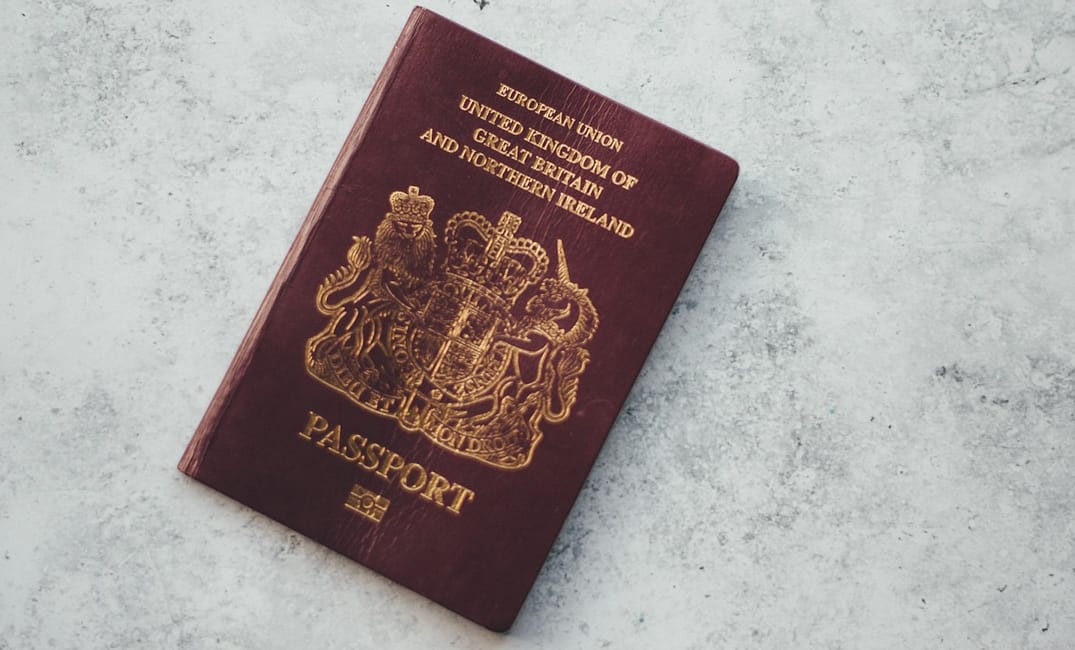Isobel Dunn-Lowes
Naked Politics Blogger
Shamima Begum. Hers is a name we’ve all heard, a face we’ve all seen and a voice we all know. After fleeing to Syria to join Islamic State in 2015 at the tender age of 15, Begum regretted her decision and tried to return back to England, yet Britain, in terms of majority dismissed her plea on the grounds that her links with IS would threaten the UK and its people.
As a hugely controversial topic, those seeking refuge in the UK should be treated as individual cases and we should not make sweeping judgements for or against letting certain people into Britain. As a young person myself, I was shocked to see the online response to Begum’s situation- memes, online jokes and every time I logged onto Facebook (yes, it still exists) I would be confronted with her story and a whole host of comments which seemed unfair. Her situation as a pregnant teenager meant she is a vulnerable person, member of IS or not. To then be exploited by the media in this sense made me question whether the public view those affiliated with IS as human beings or merely potential terror attacks.
Begum stated in a Sky interview: ‘I feel a lot of people should have sympathy for me, for everything I’ve been through. You know, I didn’t know what I was getting into when I left’. Although this statement may or may not be true, there is one thing that it extremely obvious- the sheer volume of people against her case highlighted the dehumanisation of terror groups such as IS and Al Qaeda. It seems the mere mention of high-risk groups means we tend to forget these people are humans who may have been targeted and brainwashed into believing extremist views.
Of course there is no justification when it comes to joining terrorist groups but the failure to consider individuals like Shamima Begum as a vulnerable, brainwashed child reflects the kind of society we live in. The way we have treated Begum online in particular, making fun of her situation is simply dark humour and means, in a way, the corruption from the Eastern world has in a sense, spread to the Western world. We know that IS treat people horrendously, killing many people at once and carrying out public executions on even its own members, so why do we feel the need to punish IS members online as well?
Despite this, understanding that the British people are still angry, confused and upset as to the various terror attacks that have harmed and killed innocent people, like the Manchester attack in 2017, the London bridge attack in 2017 and the Westminster attack also in 2017 means that people may decide to take out their anger in the sheltered world of the internet, like so called ‘keyboard warriors’.
My point is, fundamentally, when IS treats people so horrifically, those on its side and not, why do we feel the need to fuel the hatred even further? And is it truly a coincidence that Begum received so much media attention whereas Jack Letts/Abu Muhammed hasn’t received as much media attention or the same backlash? The middle-class Oxford born British citizen also fled the UK to live in Syria in 2014.
Letts pleaded to return back to Britain similarly to Begum. He said when interviewed by ITV: ‘I miss people mostly. I miss my mum. Five years I haven’t seen my mum, two years I have spoken to my mum. I miss pasties. And Doctor Who.’
Letts statement is very emotive. His parents say those who captured him tortured him.
There is evidently a huge legal battle in the hands of the government, especially the foreign secretary. By letting Begum or Letts back into Britain, the government would be putting the British people at risk. As it stands currently, Begum has not been allowed back into Britain but one politician who disagreed with the government’s strategy is Jeremy Corbyn. The Labour leader said to the BBC in regard to Begum:
Interestingly, Mr Corbyn also added that he: ‘questioned the right of the home secretary to have these powers when the original law was brought in by Theresa May when she was home secretary’. Not only this, but even if Mrs May was the home secretary when this law was passed, what home secretary has the right to decide whether to strip someone of their British citizenship? What kind of crime must be committed and where will we draw the line?
Does the media hijack these controversial stories and manipulate the general public into going against them? Should the home secretary have the power to strip someone of his or her citizenship? Should Shamima Begum be punished or helped?
It is clear the answers to these questions are not easily reached. It is also clear that the government have done what they believe is the best thing for the entire population. But the question remains, are people like Begum criminals or victims? Or both?


